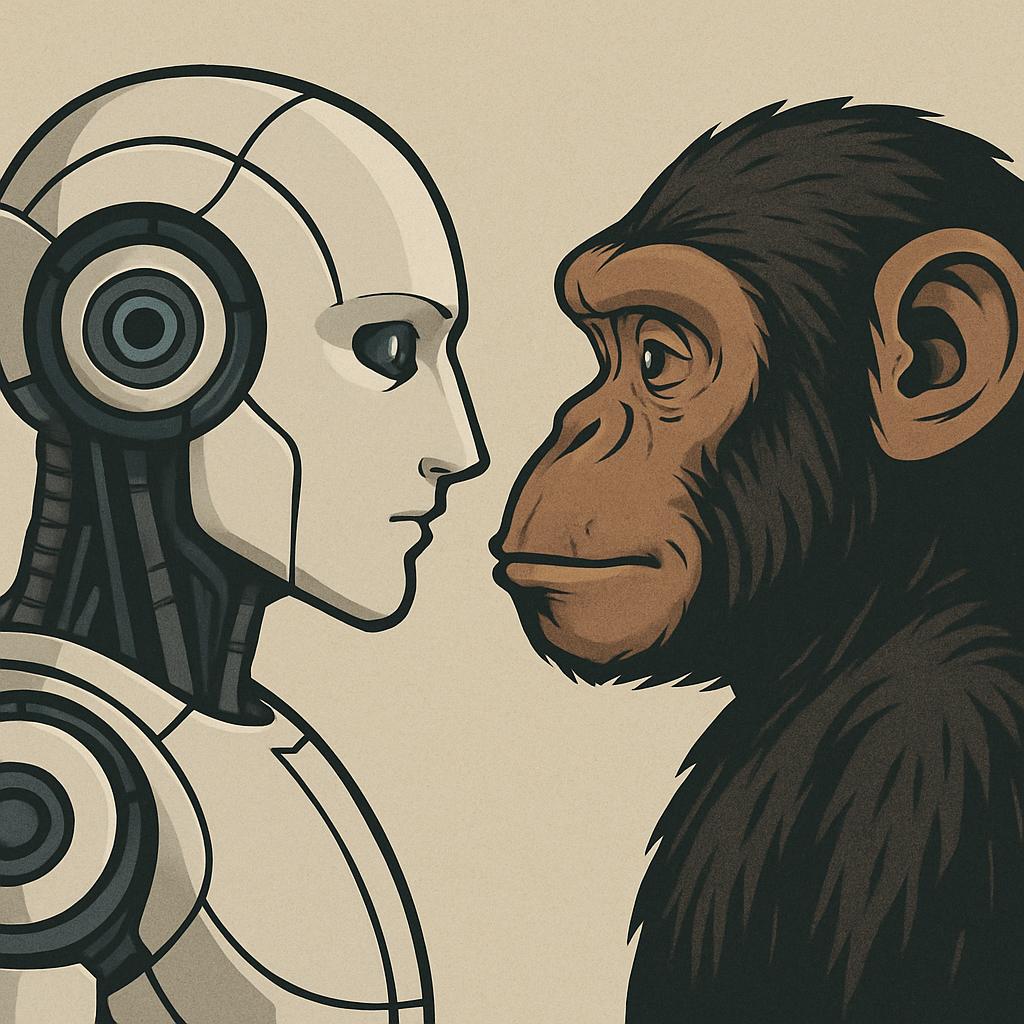What is AI?

In a quiet corner of the digital world, artificial intelligence hums silently — unseen, but deeply embedded in the rhythms of modern life. It recommends the next song in your playlist, detects fraud before a human would notice, and translates languages with uncanny accuracy. Yet, behind its seamless presence lies a complex dance of data, algorithms, and evolving neural networks that mimic, but do not replicate, the human mind.
AI is neither magic nor malevolent — it is a mirror. It reflects the values, intentions, and limitations of those who build and train it. In its most advanced forms, AI doesn’t just process information; it interprets context, predicts behavior, and even generates creative content — writing poetry, painting portraits, or composing music that stirs emotion.
But its rise prompts deep questions. What happens when machines not only answer our questions but begin to ask their own? Can ethics be encoded, and should a machine be held responsible for its “decisions”? The conversation around AI is no longer just technical — it is philosophical, societal, and existential.
As we stand on the threshold of an AI-powered era, one thing is certain: the choices we make today in designing and governing these systems will echo far into the future — shaping not only what AI becomes, but who we become alongside it.